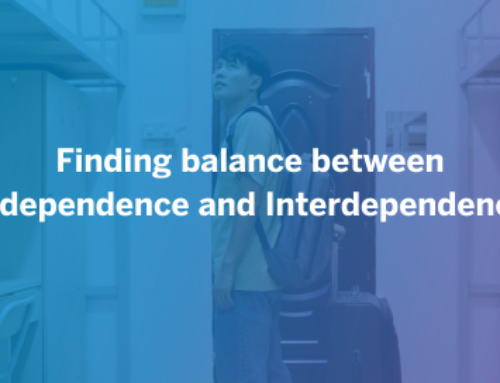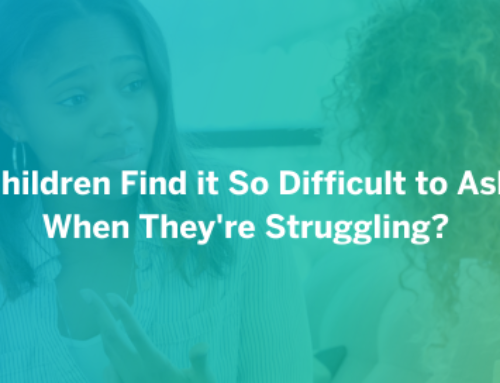
I’d love to believe that when I tell my story to students, I am invariably preaching to the choir. It feels this way when we are at an elementary school, and all the kids gasp at my past decisions. There are many wonderfully encouraging conversations with these children. How we wish that were the whole story. It would be a great feeling to know we’d worked ourselves out of a job here at LSIS. Instead, through the stories of teachers and counselors, I have discovered the dire need for effective prevention. It’s been unfortunate to learn that drugs have taken prominent roles in many young students’ lives without any outside intervention.
The first time a teacher told me that a student I would be presenting to had been coming high to class, I was taken aback. They spoke about it as an inevitability. “It’s just what he does.” I felt a strong urgency looking at this student. In his place a few years earlier, I was forming the habit that would one day all but end my life. I wanted so badly to reach him. I was in for a surprise, as I would soon hear similar stories at nearly every school we went to. Teachers have told me about students who were sent home for having drugs in their backpacks only to have their parents scold them for not hiding it better. Teachers have told us about students who, once successful and well-behaved, were now skipping school and losing weight. Twice in the past month, I have learned about children in elementary school bringing vapes to school.
It is hard to believe these children are turning to vaping or doing drugs because they genuinely want the worst for themselves. They have been misled. We are learning that a substantial effort is being made to convince children that there are no serious risks associated with beginning to vape, smoke, or drink. Sheltering these children seems ineffective, as we find these stories in the vast majority of schools we present at. Whether it be due to the internet, older siblings and students, or marketing schemes, these children are having conversations about drugs and alcohol. Given the impact of peer pressure, just one deluded child can impact the lives of many other students. Their curiosities are being discussed, and their questions are being answered, not by an understanding and educated adult but by their peers. The questions that elementary students ask after my message frequently reveal that they know more than we think.
It is not appropriate or fitting to discuss the theoretical appropriateness of discussing drug use and medicine with children because they have these discussions anyway. When we hesitate to discuss these matters with them, their peers and the internet do so without worry or hesitation. It is up to educators and social workers to bring a truthful and appropriate message to students. It is up to us to provide them with an environment where they can ask questions about drugs without feeling like they are stepping out of line. After a few conversations with counselors and educators, it becomes clear that waiting for the child to bring it up is waiting too long. Just as in my personal story, once drug use becomes a part of a student’s life, they develop a resistance to the notion of its risks. Addiction begins young. Prevention needs to start younger.
By: Danny Z
Danny is a in house LSIS Prevention Speaker.







